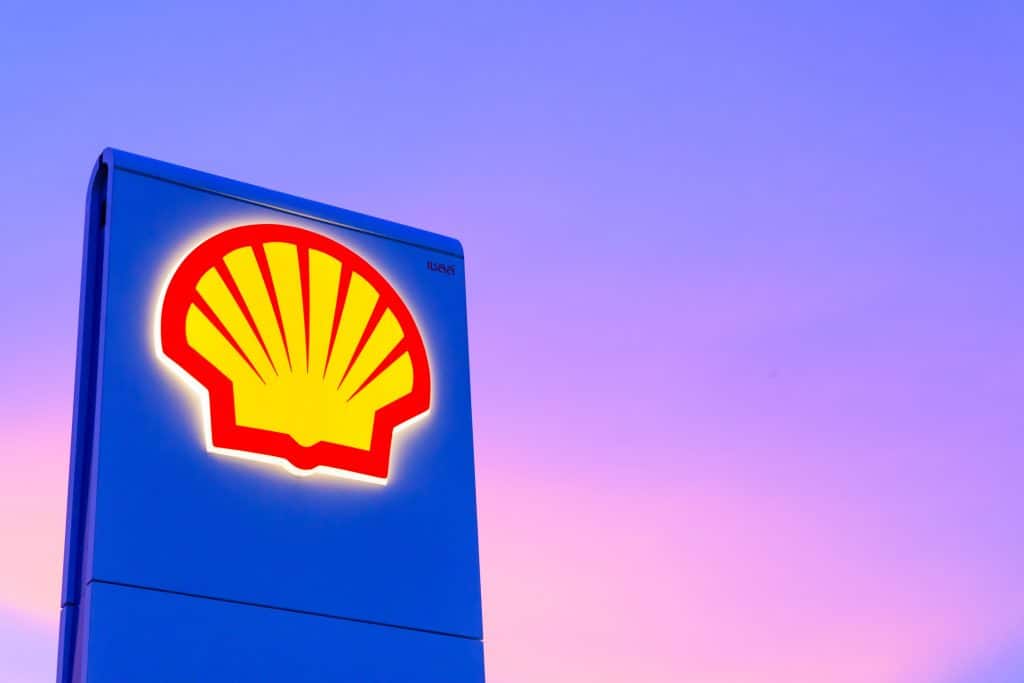Royal Dutch Shell Plc recently reported weaker than expected numbers in its quarterly earnings report. The company reported a rise in cash flow while the integrated gas adjusted profit fell by 25%.
Earnings trap for the company
Following the broader trend of its peers, Shell also appears to have entered an earnings trap. The slowdown in the global economy can hurt its natural gas business. The integrated gas division was down by 25%, but the company’s earnings suffered in all segments. The refining and chemical business was equally impacted as the upstream oil and gas production.
The adjusted net income for Shell was $3.46 billion, marking a 26% decrease from the last quarter. This was below even the most conservative analyst estimates. This is the first time since 2016 that the company has reported disappointing numbers. Interestingly, Shell exceeded expectations last quarter and reported a spectacular previous quarter. The numbers show higher volatility in the company’s figures this year. However, cash flow in the company increased during the quarter.
Following the news, the company’s shares fell 4.3%, marking the biggest slump this year. RBC analyst Biraj Borkhataria noted,
“All in all, a pretty weak set of numbers across the board. Given the strong share price performance recently, we would expect Shell to underperform the peer group in the near term.”
The European oil industry in trouble
Shell was the last of the big oil companies in Europe to report their quarterly earnings recently. Before it, Equinor ASA, Total SA, and Eni SpA reported their quarterly earnings, and all had weaker than expected results. Most companies experienced a fall in profits owing to reduced energy prices. However, BP Plc left the entire industry behind with a blockbuster performance and broke past all analyst expectations.
Van Beurden, the CEO of Shell spoke to Bloomberg TV recently and commented,
“We’ve seen some very severe macroeconomic headwinds — probably most pronounced in our downstream business where we saw some weaker refining margins — but especially a much weaker trading environment for petrochemicals. In our upstream, we’ve seen headwinds particularly in North American gas.”
The news is especially damaging to the company since it focuses more on natural gas than its competitors. Currently, it is responsible for about 25% of all the LPG volumes in the world. The strategy helped the company gain in recent quarters. However, global oversupply has led to a price drop, which is severely affecting the company’s profit margins.
Trusted & Regulated Stock & CFD Brokers
What we like
- 0% Fees on Stocks
- 5000+ Stocks, ETFs and other Markets
- Accepts Paypal Deposits
Min Deposit
$200
Charge per Trade
Zero Commission on real stocks
64 traders signed up today
Visit Now67% of retail investor accounts lose money when trading CFDs with this provider. You should consider whether you can afford to take the high risk of losing your money.
Available Assets
- Total Number of Stocks & Shares5000+
- US Stocks
- German Stocks
- UK Stocks
- European
- ETF Stocks
- IPO
- Funds
- Bonds
- Options
- Futures
- CFDs
- Crypto
Charge per Trade
- FTSE 100 Zero Commission
- NASDAQ Zero Commission
- DAX Zero Commission
- Facebook Zero Commission
- Alphabet Zero Commission
- Tesla Zero Commission
- Apple Zero Commission
- Microsoft Zero Commission
Deposit Method
- Wire Transfer
- Credit Cards
- Bank Account
- Paypall
- Skrill
- Neteller
What we like
- Sign up today and get $5 free
- Fractals Available
- Paypal Available
Min Deposit
$0
Charge per Trade
$1 to $9 PCM
Visit Now
Investing in financial markets carries risk, you have the potential to lose your total investment.
Available Assets
- Total Number of Shares999
- US Stocks
- German Stocks
- UK Stocks
- European Stocks
- EFTs
- IPOs
- Funds
- Bonds
- Options
- Futures
- CFDs
- Crypto
Charge per Trade
- FTSE 100 $1 - $9 per month
- NASDAQ $1 - $9 per month
- DAX $1 - $9 per month
- Facebook $1 - $9 per month
- Alphabet $1 - $9 per month
- Telsa $1 - $9 per month
- Apple $1 - $9 per month
- Microsoft $1 - $9 per month
Deposit Method
- Wire Transfer
- Credit Cards
- Bank Account



